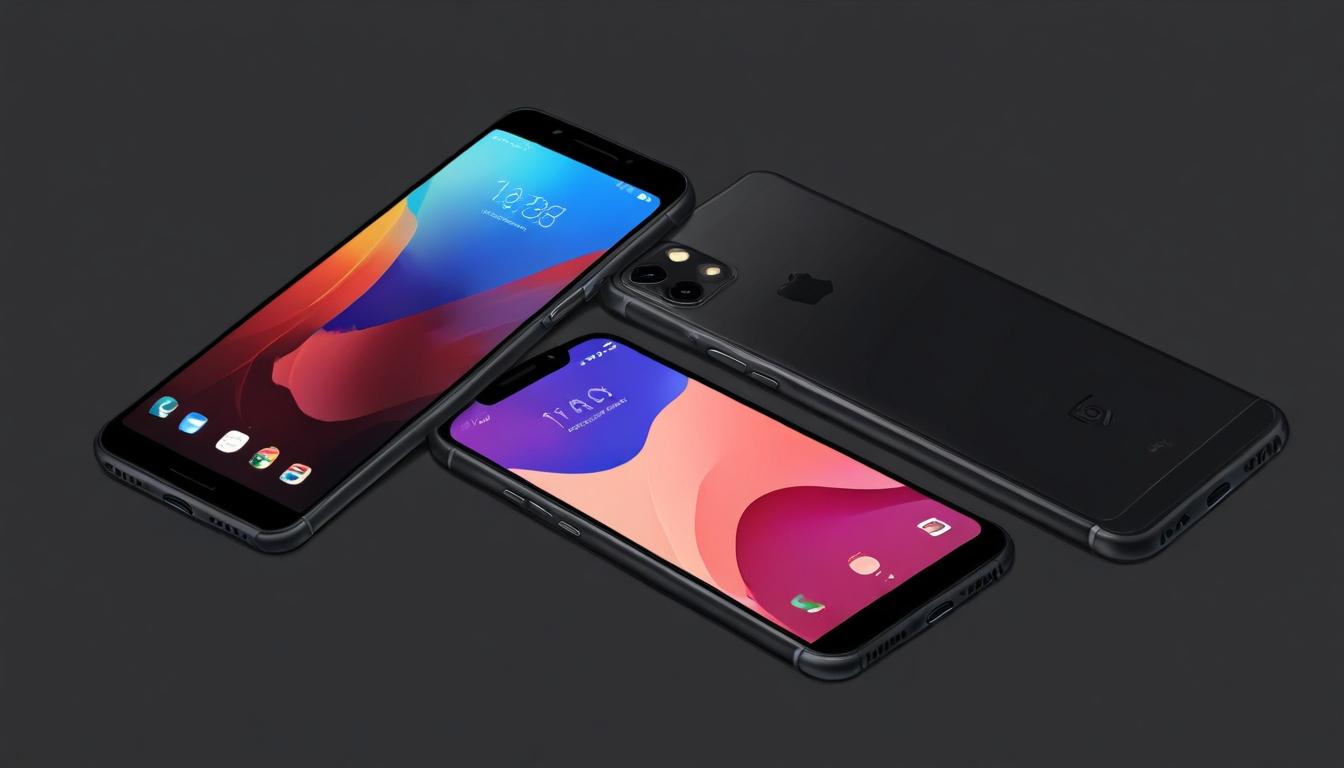Consumers are facing a challenging landscape in the smartphone market as major players are increasingly focused on integrating artificial intelligence (AI) features into their devices. Apple, in particular, is experiencing mounting difficulties as it struggles to deliver a cohesive "Apple Intelligence" package, according to a report from Tech Radar. The company's recent offerings have been perceived as lacking, with a noticeable absence of substantial AI developments, leaving many Apple users dissatisfied.
Simultaneously, competitors like Motorola and Samsung are engaging in a competitive race to launch new smartphones, often emphasising their AI capabilities over the actual device features. Motorola, for instance, has introduced new models boasting extensive AI functionalities, yet the attention often diverts away from the devices themselves.
Samsung’s partnership with Google represents a significant shift in its approach to AI integration. Initially starting with features such as Circle to Search, the collaboration has extended to include significant elements of Google’s Gemini AI, which has even been linked to Samsung's Bixby button. However, this evolving focus on AI features has also raised concerns among users, many of whom feel that these additions are unnecessary. A sentiment echoed by Tech Radar, which stated, “I didn’t need to draw a circle to search” as users express frustration over AI enhancements that fail to resonate with their needs.
The perceived value of AI features varies significantly, with some being hailed for their utility—such as Google’s call screening capabilities—while others, like dubious image generation and headline summarisation technologies, have been critiqued for their inaccuracies.
Despite this wave of AI features, the review points out that modern smartphones are technically impressive. For instance, the latest iterations of Android phones, particularly Google's Pixel 9 series, exemplify this progress with a noted durability and a commitment to providing seven years of Android updates. This extended support underscores a remarkable improvement in Android’s long-term usability, a contrast to the more sporadic update promises of the past. The Pixel 9 Pro has been described as the most polished version to date, featuring a user-friendly interface that has been streamlined for simplicity.
On the Apple side, iOS 18 has introduced compelling new features that enhance user connectivity between iPhones. The AirDrop function allows users to share content seamlessly by bringing devices into proximity, complemented by enhanced safety features designed to assist users in checking in with friends and family. These advancements mark a significant evolution in Apple’s offerings, yet some critics feel the focus on AI could overshadow substantial hardware improvements.
The latest iPhones also benefit from a durable titanium build, and although Apple does not commit to the same longevity as its competitors with software updates, it has consistently provided at least five years of support for its devices. Many are also benefitting from recent software updates being extended to older models, further adding value to the brand's offerings.
While the trend towards AI features appears to be growing, both Apple and Google continue to produce exceptional smartphones that merit consideration independent of their AI marketing. The Pixel 9 Pro and the iPhone 16 Pro represent the pinnacle of innovation from their respective companies, and as both brands navigate the integration of AI within their devices, users are encouraged to focus on the robust hardware and user-friendly experiences they provide.
Source: Noah Wire Services
